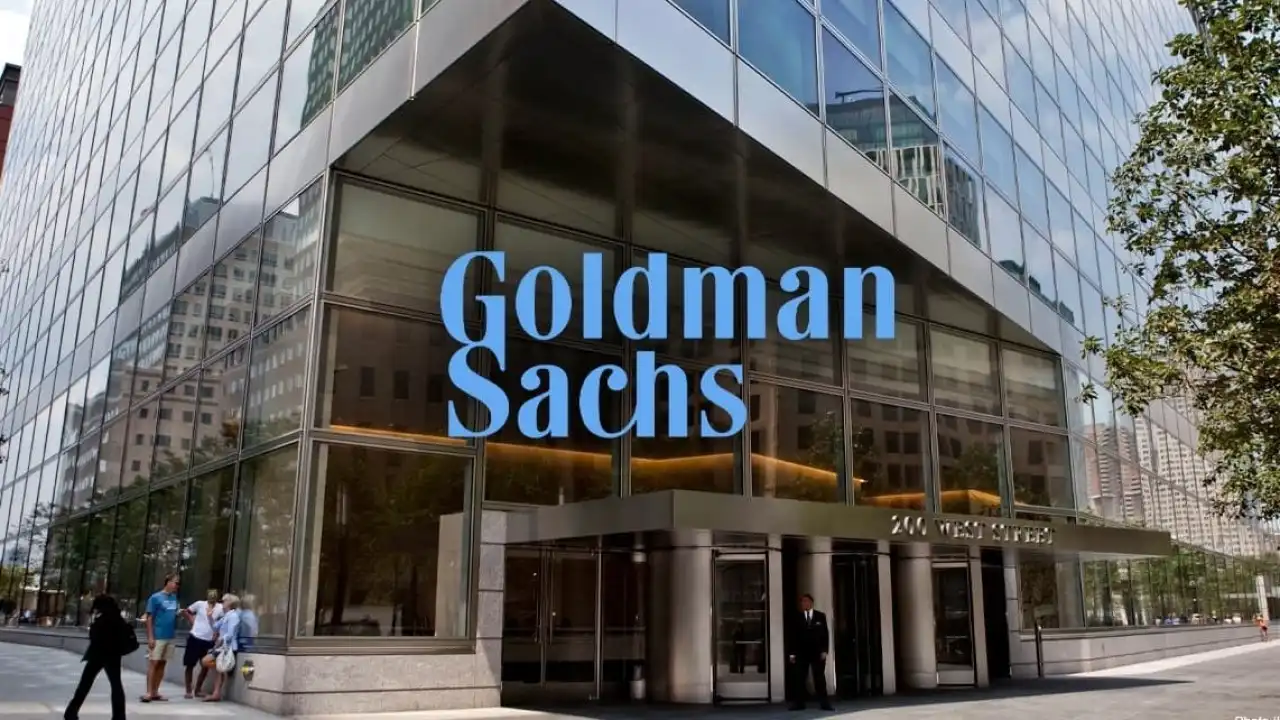Goldman Sachs recently changed its prediction of a US recession within the next year, dropping it from 30% to 20%. This change comes after good news about store sales and unemployment, which has made people less worried about an economic slowdown.
This new view was shared with clients by Goldman Sachs economists led by Jan Hatzius in a report on August 17. They said that they had previously set the chance at 25%. They said that if the September 6 U.S. jobs report shows good news, the risk of a recession could drop even more, to 15%, which is where it has been for most of the past year.
The experts also said they were more sure than before that the Federal Reserve would lower interest rates by 0.25% at its meeting in September. But they warned that if there was another jobs report that was weaker than expected, it could lead to a bigger 0.5% rate cut.
The recent gains in the U.S. stock market show that people are optimistic about July’s strong retail sales numbers, which were higher than expected and the biggest rise since early 2023. Also, the U.S. Labor Department reported on August 15 that the number of new claims for jobless benefits fell to its lowest level in one month.
How it affects Bitcoin
Different experts had different ideas about how these events might effect Bitcoin. Tony Sycamore from IG Markets called Goldman’s change a “minor tweak,” which suggests it might not have a big effect on how people take risks with different types of assets, like cryptocurrencies.
Markus Thielen, head of research at 10x Research, said that Bitcoin buyers might want a rate cut, but they should also think about what could go wrong. A rate cut could mean that a recession is coming, which has caused Bitcoin’s price to drop in the past. Thielen remembered that Bitcoin went up 20% at first when the Federal Reserve lowered interest rates in July 2019, but the rise didn’t last long. Even with more rate cuts, Bitcoin had dropped 35% from its high point by the end of 2019.
Not all analysts are sure that worries of a recession have gone away. Bruce Kasman, who is the top global economist at JPMorgan, said that there were signs of a weakening job market and a slowdown in industry around the world. Overall economic activity is still growing, especially in the service sector. However, Kasman kept JPMorgan’s recession chance at 45% until the end of 2025, noting more political uncertainty as a reason.
For the most part, Goldman Sachs’s updated view gives traders some peace of mind, but the mixed signs suggest that traders, especially in the Bitcoin market, should be cautious in their optimism.


































